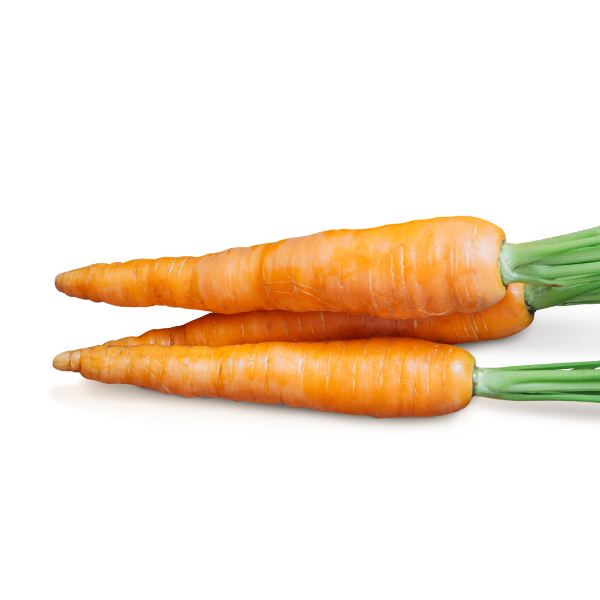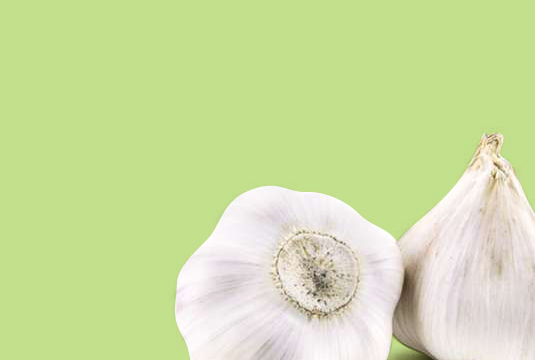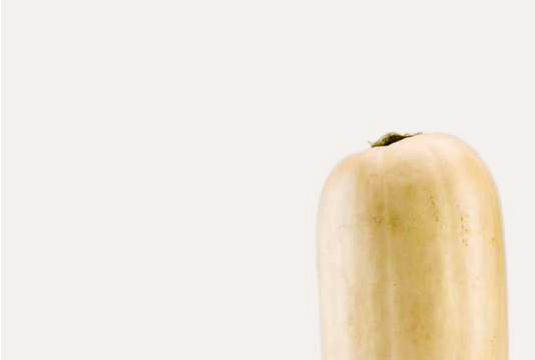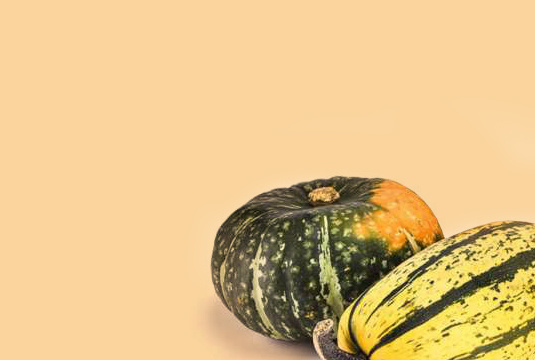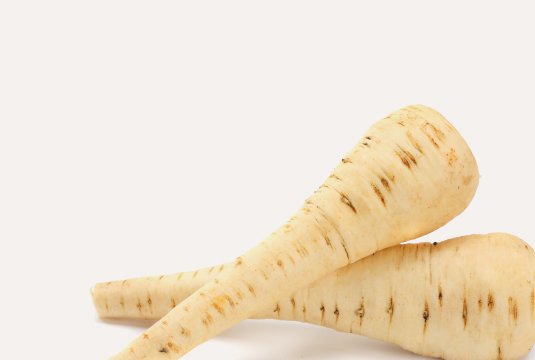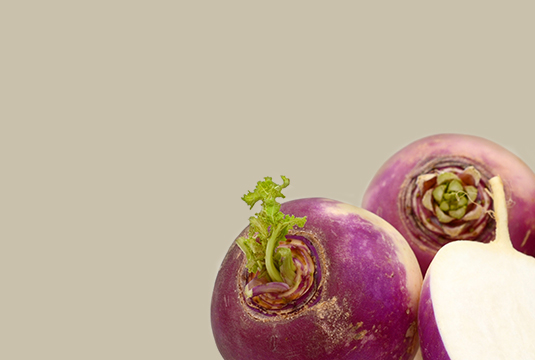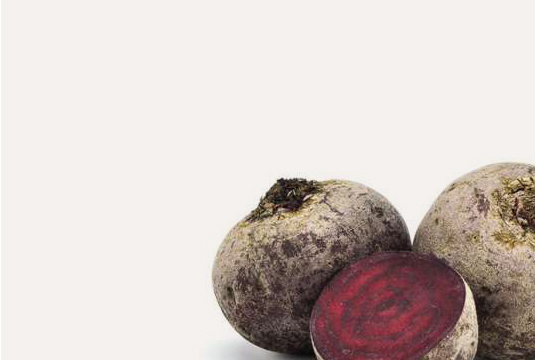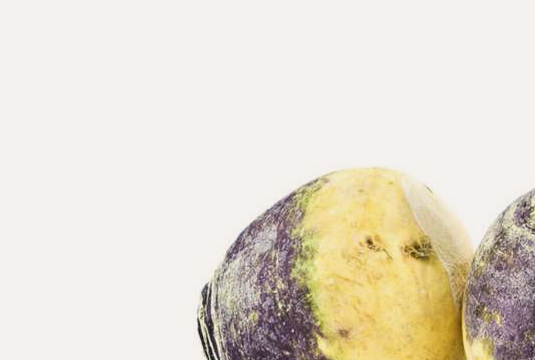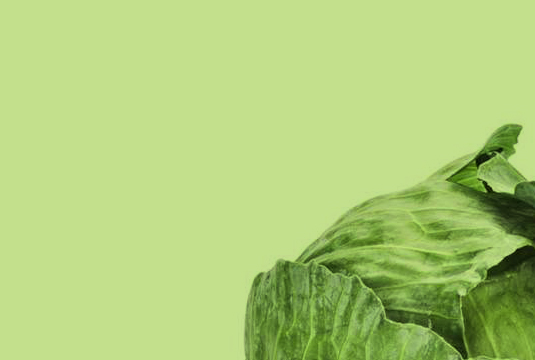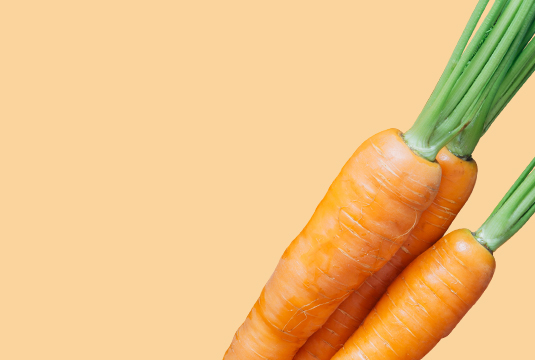
Carrot
Products
Carrot
Our Offer
| Products | Formats | QTY / PAL. | Availabilities | ||||||||||
| Carrots | |||||||||||||
| Cello |
|
|
August – March | ||||||||||
| Jumbo #1 |
|
|
August – May | ||||||||||
| Jumbo #2 |
|
|
August – May | ||||||||||
Nutritional Value
Vitamin A: Excellent source (226% of the recommended daily value by serving)
Vitamin C: Source (12% of the recommended daily value by serving)
Folacin: Source (5% of the recommended daily value by serving)
* A portion equals 80g (an average carrot) of raw vegetable.
If the bottom end near the carrot top is green, this is because the carrots have been exposed to sunlight; just cut this part to get rid of the bitterness.
Carrot Cream
- 60 ml of butter or margarine
125 ml of chopped onions
750 ml of GNC carrots, freshly sliced
750 ml of water
60 ml of uncooked rice
15 ml of chicken broth
500 ml of milk
Salt and pepper
In a medium saucepan melt the butter or margarine. Cook and stir the onions until they reach tenderness. Add GNC carrots, water, and chicken broth. Bring to boil. Reduce heat, cover and simmer until carrots and rice are tender. Puré in blender, return mixture to pot. Add the milk. Salt and pepper to taste.
Makes 6 servings
Tips & Facts Express
The carrot is orange-coloured, plus it contains carotene, which is a substance that we transform in Vitamin A. This one will contribute maintaining a good health. Vitamin A, which gives carrots the status of helping tremendously with vision, is better assimilated while eaten cooked!
Did you know…?
Despite the fact that the kiwi is very nutritious, the carrot holds 90 times more vitamin A that this following one. A portion of 80g of raw carrot (an entire one) contains 2264 RE of Vitamin A while a portion kiwi of 140g of raw kiwi (2 entire kiwis) contains 25 RE.
Interesting fact: When we eat raw carrots, we increase the assimilation of all nutritive elements that it abounds.
Historical Note
Latin : Daucus carota var. sativa.
Native of Afghanistan, the carrots were mainly grown for their medicinal properties. At first the carrot was creamy yellow or purple, then the orangey color developed later on around 1710 in the Netherlands. Although long considered unpopular throughout history, in the present day, carrots are one of the world’s most popular vegetables!

